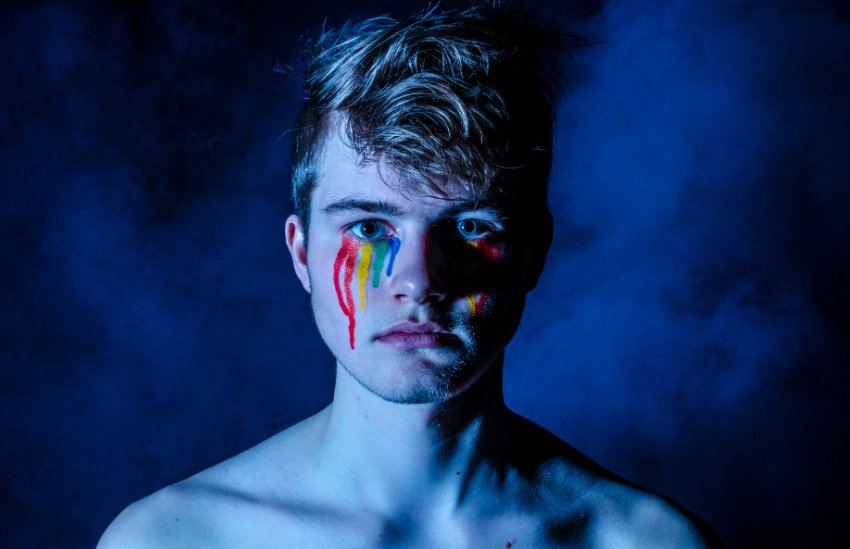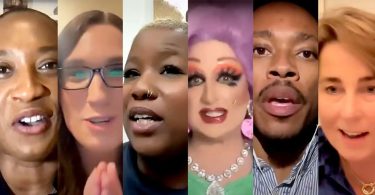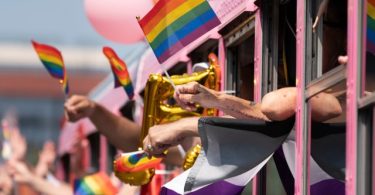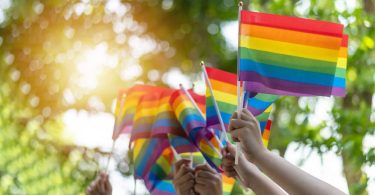A person with rainbow tears | Photo: Unsplash/Christian Sterk
More than 50% of the world’s countries are using the law to stop LGBTI people fighting for their rights.
The results of a new report revealed 85 out of the world’s 194 countries do not allow the formation and registration of LGBTI organizations.
LGBTI civil society groups are important for mobilizing equal rights, anti-discrimination laws and decriminalization movements. That’s according to OutRight Action International. Today OutRight launched the report, The Global State of LGBTI Organizing: The Right to Register.
“History shows that progress on LGBTIQ rights have come through activism and visibility,’ said Maria Sjodin, Deputy Executive Director, OutRight Action International.
‘When states suppress LGBTIQ organizations, they are really trying to stop LGBTIQ people from gaining basic human rights and equality.’
The report highlights a phenomenon in which governments are trying to silence a growing movement for equality. This has been happening amidst an intense crackdown and large-scale arrests of LGBTQ people around the globe over the last year in places like Russia, Egypt, Indonesia, Tanzania and more.
Why organizations need a registration
LGBTI groups need to register themselves to make it easier for funders to support them. Sometimes even opening an organizational bank account is impossible.
Also, non registered LGBTI organizations may not be able to meet with government officials to lobby for change. Sometimes they can’t even hold their own meetings without breaking the law.
According to OutRight without legal recognition groups can be forced to go underground, avoid public activism or to even work illegally. In some frightening cases, they experience state surveillance, indiscriminate arrests, and state sanctioned violence.
The report also found that many organizations aren’t allowed to register if they explicitly state they work with LGBTI people.
Governments often deny registration on religious and moral grounds or to limit the fundamental freedom of assembly. Some have even gone so far as to call LGBTI organizations a threat to national security.







